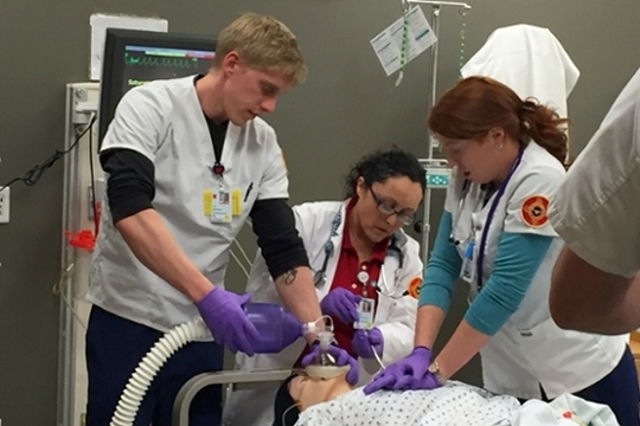
Nursing ETDs
FACTORS INFLUENCING RURAL WOMEN’S PHYSICAL ACTIVITY BEHAVIORS: A SOCIAL ECOLOGICAL PERSPECTIVE
Abstract
Chronic disease and poor mental health are disproportionally impacting adults living in rural America. Regular physical activity has been shown to promote overall well-being and prevent many chronic diseases. Yet, research shows that many rural adults do not engage in enough physical activity to meet the recommended levels put forth by the federal government. The purpose of this descriptive qualitative study was to explore and describe the experiences of physical activity as perceived by rural women in their own words. Data were collected through semi-structured individual interviews of 20 women aged 25 to 34 living in McDowell County, West Virginia. The social-ecological model was used as a conceptual framework in this study. A thematic content analysis was used to analyze the data, and numerous themes and sub-themes were identified. This study demonstrates that health benefits, enjoyment, work-life balance, social interactions and access to facilities are important contributing factors to physical activity among young rural women. Three additional themes are also documented: Perceptions of physical activity, lack of safe environments-specifically related to the drug epidemic, and the geographic landscapes. The results of this study offer insight into how rural women experience physical activity. The findings in this study suggest that multi-level strategies and interventions that are tailored toward younger rural women (25-34 years) are needed to promote physical activity among rural women.


